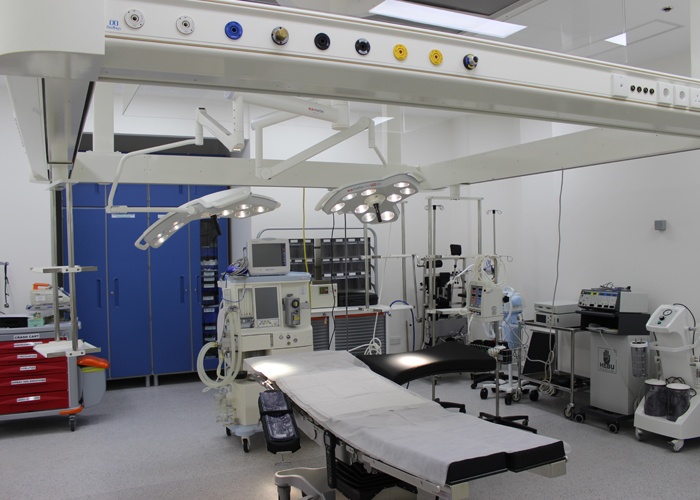Obesity and Heart Diseases
There are three ways that obesity contributes to cardiovascular disease:
- Elevation in cholesterol levels, an increase in LDL (bad cholesterol), and TG, but a drop HLD (good cholesterol).
- Elevation of blood pressure, because obese people need more blood to supply oxygen and nutrients to the body.
- Can lead to diabetes; 68% diabetic patients over 65 also have heart disease.
I - Atherosclerosis: it is known that obesity and atherosclerosis are lipid storage disorders, and now obesity and atherosclerosis are considered chronic inflammatory conditions where activation of nonspecific and adaptive immune processes is assigned a significant role.
There is a lot of research about the role of inflammation in the progression of atherosclerosis
II - Coronary artery disease: obesity is the most important risk factor, ahead of smoking, for heart attack (NSTEMI, STEMI) in young people. If you are obese for more than 20 years, it is considered a risk factor for ischemic heart disease. We know that atherosclerosis begins several decades before it manifests as angina or a heart attack.
An increase your weight 10 kg rises the risk of coronary artery disease by 12%.
III - Heart failure: It was noticed that there is a close correlation between heart failure and obesity. The Framingham Heart Study showed, a rise of BMI 1 kg/m2 increases the risk of heart failure by 5% in men and 7% in women. About 31-40% of people with heart failure are overweight, and 32-49% of them are obese, so for those people, heart failure develops 10 years earlier than normal BMI.
The mechanism can be direct and indirect, such as:
- Rise cardiac output and blood pressure,
- Activation of the renin-angiotensin-aldosterone system,
- Activation of the sympathetic nervous system,
- Platelet aggregation and endothelial dysfunction,
- Rise in Inflammatory cytokines (TNF-a, IL-1, IL-8,..)
- Associated medical conditions with obesity as diabetes and hypertension, and hyperlipidemia.
IV - Cardiac arrhythmia: Hippocrates concluded in the 4th century that “sudden death is more common in those who are naturally fat than in the lean”.
I - Atrial fibrillation, many studies have shown a correlation between obesity and atrial fibrillation:
- Obese patients have a 1:52 times higher risk of getting atrial fibrillation than normal weight patients.
- The epicardial pad, which is full of fat, contributes to the development of atrial interstitial fibrosis and then dilatation and dysfunction.
- The low-grade inflammation (presence of various cytokines, CRP, interleukin-6, and tumor necrosis factor) in obese people is assumed to be the underlying cause for atrial fibrillation.
- There is a correlation between atrial fibrillation and the increased atrial natriuretic peptide.
II - Sudden cardiac death: many studies showed some relation between sudden cardiac death and obesity, most probably due to ventricular tachyarrhythmia triggered by obesity. Obesity can also cause prolonged QT due to structural remodeling in the ventricular myocardium, which can lead to ventricular dysfunction and heart failure. The pathogenesis may be myocardial hypertrophy, fibrosis, and increased epicardial fat (obesity cardiomyopathy).
V - Hemodynamic changes triggered by obesity, which predispose to hypertension due to structural and functional changes in the heart associated with obesity,
- Structural changes included left ventricular hypertrophy, then dilation, so heart failure, epicardial fat accumulation, and left atrial dilatation.
- Functional changes included increased blood volume and high cardiac output by increased stroke volume and a lesser degree by tachycardia, enhanced by sympathetic tone.
| CARDIOLOGY PACKAGES |
|
Consultation + ECG + Echocardiography
|
1360 AED |
|
Consultation + ECG + Echocardiography + Stress Tests
|
2832.5 AED
|
|
Stress Tests + Consultation
|
2266 AED
|
.png?width=281&height=59&name=bookanappointment%20(1).png)
Dubai Cardiology clinic at Dr Rami Hamed Center provides you with one of the best cardiology doctors in Dubai, or the best heart doctor in Dubai, for treating hypertension, heart failure, ischemic heart disease, Holter monitoring, stress test, chest pain, and echocardiography. DRHC is considered one of the best heart hospitals in Dubai, and also has the best pediatric cardiologist in Dubai



.png?width=281&height=59&name=bookanappointment%20(1).png)
.png?width=1080&height=1080&name=DR.%20M.ADIB%20NANAA%20(1).png)




